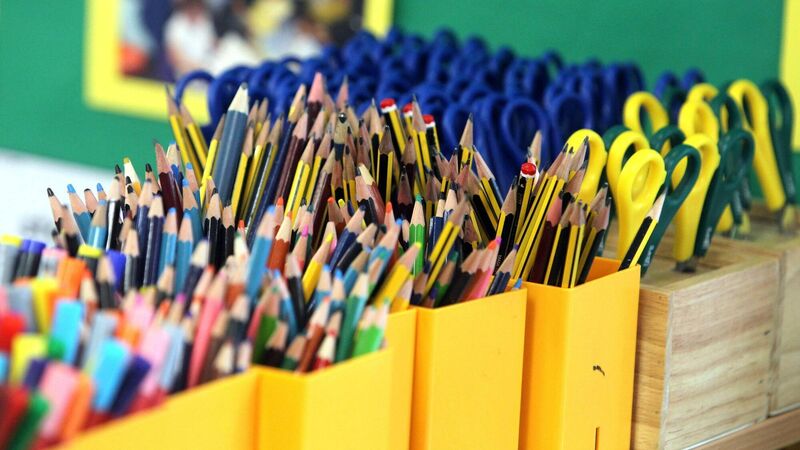Use of special education teachers in mainstream classes harming those with 'greatest needs'

The report looks at the provision of education in mainstream schools for children with special educational needs, based on inspections in 17 primary schools and 12 post-primary schools conducted last year.
There needs to be a “whole of system response” to better meet the needs of children with special educational needs, as resources meant for them in some schools are being used to teach maths and English to mainstream classes.
Furthermore, a new report has said that mainstream schools should ensure that additional resources allocated to them to support children with special education needs are used “solely and in their entirety” for that specific purpose.










